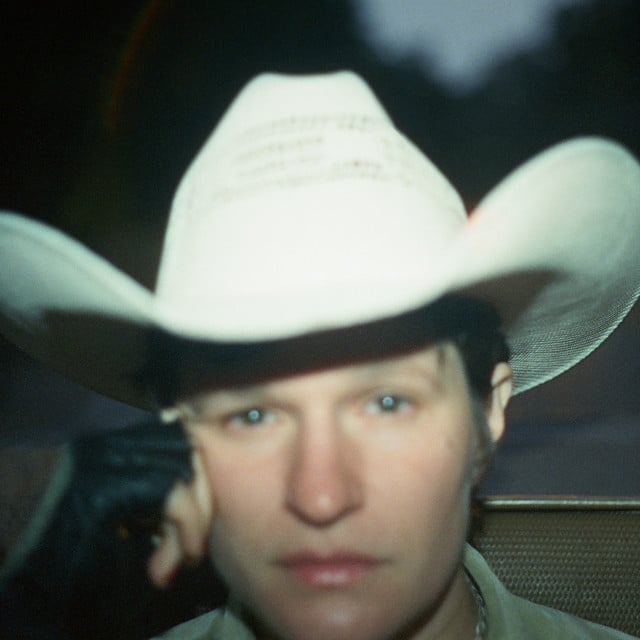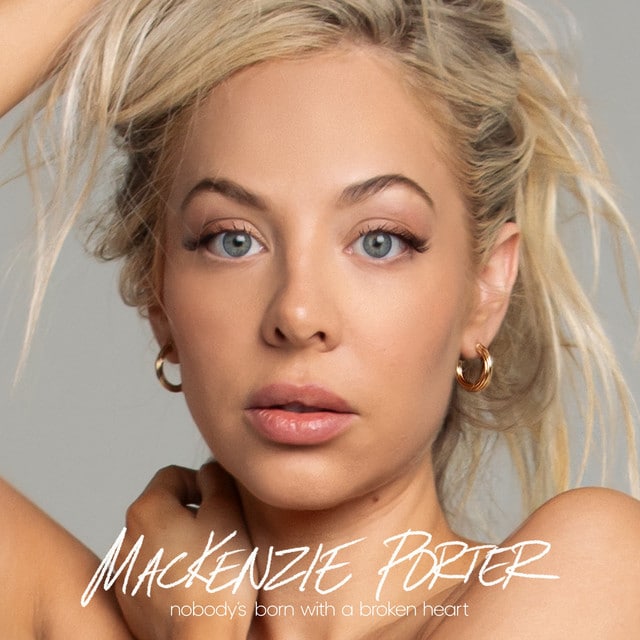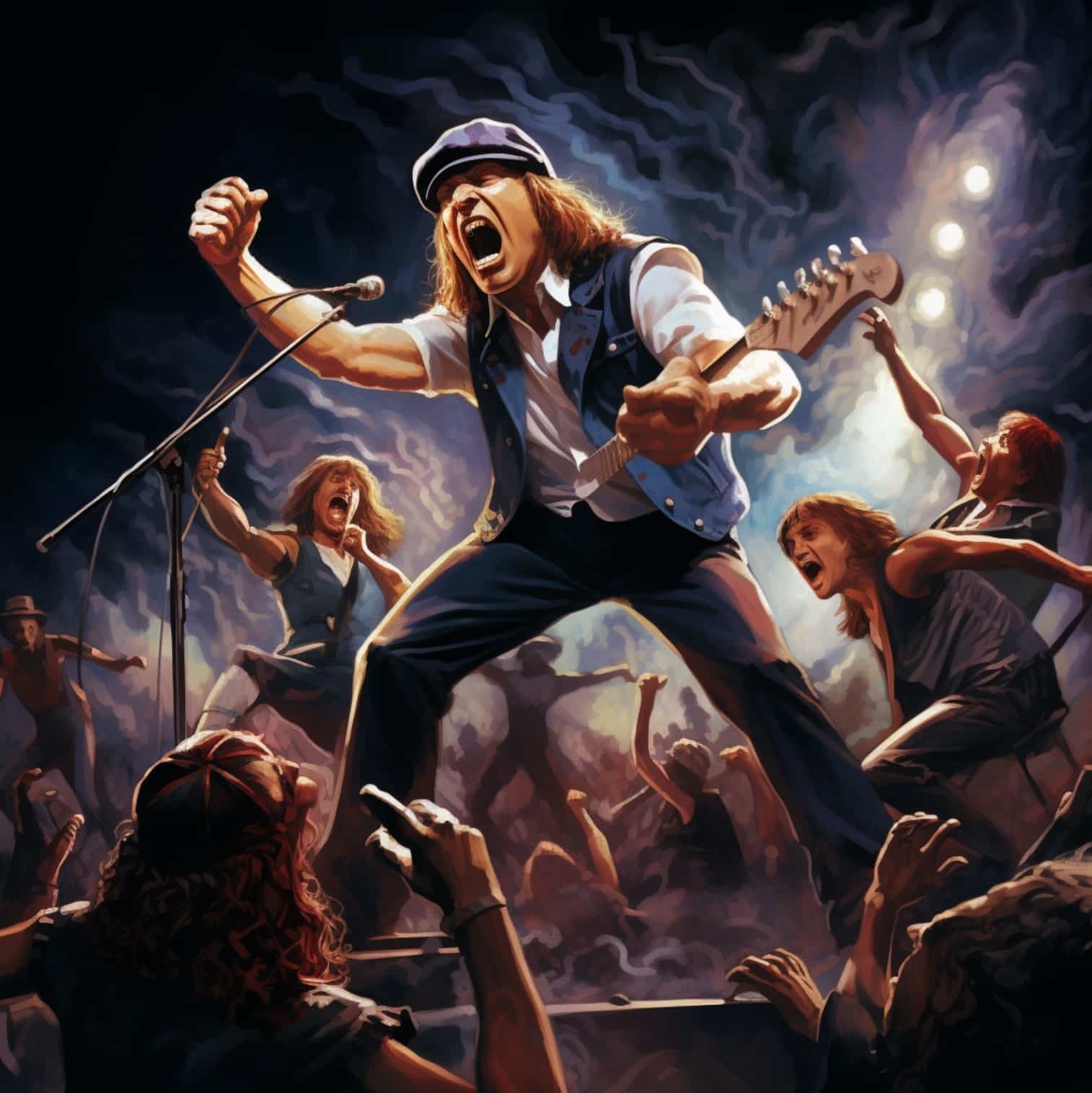Released: 2024
Label: 4AD
When you want to talk about spellbinding vocalists with the ability to craft narratives that brim with raw emotion, you can’t overlook Adrianne Lenker. With her album, “Bright Future”, released in 2024 under the prestigious 4AD label, she notches another significant mark on the post of rock music’s expansive canvas. Encased in this album are songs that take you on a journey, making your heart ache and bristle with sudden hope all at once.
“Bright Future” stands out as a sort of musical diary, a sonic distillation of Lenker’s thoughts scribbled down in notes of melody. Each track on this album, from “Real House” to “Ruined”, is a narrative in itself, a reflection on life seen from the lens of this gifted bardess. They are intertwined with personal musings and universal truths, painted in poignant lyricism and dazzling ingenuity.
Throughout its span, this album offers an interplay of delicate intimacy and grandeur, mirroring Lenker’s innate knack for refined storytelling. With songs like “Sadness As A Gift”, “No Machine”, and “Vampire Empire”, the album showcases her capacity to evoke deep-seated sentiments that linger on long after the last note has played.
So let’s get into it. From “Real House” to “Ruined”, here we are breaking down the album “Bright Future” by Adrianne Lenker.
1 Real House
Lenker’s lyrics move with a haunting honesty from the innocence of a child humming and braiding willow branches, to the stark realization of mortality. The standout line, “I never thought we’d go this long. Now 31 and I don’t feel strong,” succinctly captures the weight of life’s trials. It’s a tapestry of childhood dreams, the longing for magic, and the hard-hitting reality of hospital visits, of the pain of losing a pet, with emotions spilling raw and unrestrained as she sings, “And then I saw you cry.” Her lyrics bear the fragility of personal experiences, both nostalgically relishing the “wild field” behind a “real house” and squarely confronting life’s adversities, combining to craft an exquisitely poignant narrative.
2 Sadness As A Gift
The lyrics reverberate with the melancholic essence of a love story that has reached its denouement, and yet has left an indelible mark. “We could see the sadness as a gift/And still feel too heavy to hold,” Lenker pensively croons, capturing the profound sorrow of a love that was tragically fleeting. The song’s mournful musings are peppered with compelling imagery of seasons changing and time’s unyielding march — “The seasons go so fast / Thinking that this one was gonna last.” In many ways, the lyrical journey in “Sadness As A Gift” is akin to navigating a labyrinth of remembrance. Lenker’s verses, haunting yet beautiful, dive deep into the swirling vortex of emotions that bubble under the surface of a lost love, laying bare the bittersweet truth that not all romances are forever but their echo certainly is.
3 Fool
Lenker’s poetry captures the turmoil of an inner struggle, a “body and mind fistfight,” that follows the instinctive rule of attraction – “they say when it’s right, it’s right”. A cry for genuine connection and acceptance rings out in her plea, “You could love me through and through / If I were him / Would you be my family too?” There’s a yearning for domestic normalcy, a shared life with dogs, garden shows, and home-cooked meals of “beans and rice”. Amidst references to various friends and their significant life events, Lenker’s sentiment is beautifully summed up in the audaciously simple line, “I’ll love you ’til I die / Oh, what more can I possibly say?” This encapsulates the boundless commitment of love, in stark, no-frills lyricism.
4 No Machine
One hard-hitting line, “No surprise, the wound lives in your eyes”, paints a potent image of shared torment and emotional exposure. Driven by Lenker’s earnest voice, the song emerges as an intimate conversation drenched in melancholy and longing. Delving deeper, the chorus – “Don’t know what I’d do, don’t know where I’d go without you” – captures an aching sense of uncertainty, revealing the delicate tie that binds the narrator to the unnamed “you”. Then comes the evocative imagery of the dragonfly, the rolling clouds, the shivering wind; all adding to the atmosphere of change and transience. Yet, amidst this ever-changing scape, Lenker carves out a firmly rooted heartbeat, a constant, in the form of the recurring theme of love and togetherness.
5 Free Treasure
The lines “Do you wanna go to the river? / I know this spot, so deep and green / With wild raspberries and apple trees / And rocks to climb between” are a poignant invocation of a shared, intimate haven, a retreat from everyday realities. Lenker reveals her insecurities, “Sometimes, I think I try too hard / I trip on my shoes and I trip on my shirt”, unveiling her vulnerability and humanizing herself. Yet, amidst this self-awareness, an ardent affirmation of love and understanding is echoed through the lyrics, “You show me understanding / Patience and pleasure / Time and attention / Love without measure, love without measure.” This chorus-like refrain holds a universality, highlighting the song as a meditation on intangible riches—like love and understanding—thus, the titular ‘Free Treasure’. The climax seems to reside in, “The eleventh dimension / Free treasure, free treasure,” a glimpse into Lenker’s multidimensional universe where free treasures are not just material but emotional and metaphysical.
6 Vampire Empire
A standout line, “You give me chills, I’ve had it with the drills / I am nothing, you are nothing, we are nothing with the pills,” reveals a sense of anguish and despair, as well as a longing for connection. It articulates the numbness that comes with a failing relationship and the desperate attempts to revive what has already expired. Lenker’s lyrics are incredibly raw, expressing the internal turmoil of a lover who feels like an insignificant part within the machinery of their partner’s life – “In her vampire empire, I’m the fish, and she’s my gills.” It’s a gut-wrenching admission of dependency and the fear of suffocating in someone else’s world.
7 Evol
The lyrics throw us into a linguistic funhouse where words are transfigured, their meanings upended, and the very nature of communication is subverted. There’s a biting irony in the line “Love spells evol, backwards, people. Words back, words backwards are lethal”, underscoring the disconnection and confusion between action and intent. As the lyrics unravel, we’re confronted with a powerful confession, “You have my heart, I want it back.” In “Evol”, Lenker masterfully employs language as a metaphor for the cycle of giving and taking in relationships, the binary of god and devil, teacher and cheater, the part and trap. As the final notes linger, we’re left contemplating the shiftiness of language, and perhaps, the enigmatic maze that is human connection.
8 Candleflame
A striking line, “Cryin’ over the candle flame,” brims with raw emotion and encapsulates a lover’s longing in its most intimate form. Lenker’s lyrical prowess shines as she breezes from everyday sentiments to a profound reflection on divine communion, as captured in, “I feel God here and there, People tell me it’s everywhere.” She swiftly transports us from divine contemplation to a manifestation of visible comfort in companionship – “When we’re together, only one thing moves, Everything else stays the same.” The song craftily vividly explores the expanse of human emotions – from the intensity of love to the vulnerability of yearning, all tinged with an undercurrent of spiritual breadth. At its core, “Candleflame” is a testament to Lenker’s intricate storytelling, wrapped in a soft melody and punctuated by her tender vocals.
9 Already Lost
In the repeated refrain, “A thousand years or more / And I’ve never seen this face / Never heard this voice before”, Lenker unravels the eternal, paradoxical dance of intimacy and estrangement that often underpins human connections. With the ethereal metaphors like, “The center is a hole in the sphere”, she propounds the feeling of disorientation and existential crises. Then there’s the arresting question “Why do leaves turn yellow and fall? / And who absorbs it all?”, a poignant rumination on change, loss, and the mysterious bearing of our universe. Pervaded with melancholic echoes, “Already Lost” intertwined with Lenker’s indelible falsetto, becomes a searing anthem for the wandering souls and the forever-lost.
10 Cell Phone Says
Lenker weaves an artful tapestry, merging contrasts seamlessly. Ignoring the ring of a phone, she illustrates a reality where distance expands, yet in dreams, we traverse the expanse to meet by a “lilac river”. The profundity of empathy is acknowledged: it is an excruciating gift when it engenders co-sharing pain. As others gain freedom, she is burdened on earth. Here, Lenker is unequivocal about her raw emotional sensitivity. The song’s denouement presents a heartfelt request: for the ‘angel eyes’ of those departed to be delivered to her on nature’s wings, a poignant juxtaposition of loss and hope. It’s an immersive track, with Lenker’s evocative lyrics making “Cell Phone Says” a standout in the pantheon of rock ballads.
11 Donut Seam
Lenker’s lyrics depict cherishing the small moments like, “Drinking coffee, drinking wine,” amid the inevitable dissolution of life – a thread running through the lines, “This whole world is dying / Don’t it seem like a good time for swimming / Before all the water disappears?” The fragile beauty of her love is encapsulated in “You came in like some good things do / Out of nowhere, dream come true.” The tragic downfall of this love is brilliantly depicted in “And like a moth into the Sun / I flew in front of everyone / And burned up in the flame / Now it’s pouring acid rain”. The song taps into the universal human experience – the beauty, melancholy, and inevitable heartbreak of love, mirroring nature’s rhythms.
12 Ruined
Reflecting on a missed connection, Lenker croons, “Until I’m brave enough to call you, I just fall through every time.” The relentless yearning for an elusive lover, encapsulated in “Can’t get enough of you, You come around, I’m ruined,” is palpable enough to raise goosebumps. The use of an amethyst from a “jeweled vest” as a metaphor for emotional exchange deepens the intimacy of the narrative. The imagery of the “fern bent to the window” is a testament to Lenker’s lyrical prowess, capturing a scene of tender vulnerability. “Ruined” is an emblematic blend of Lenker’s evocative lyricism and raw storytelling.








